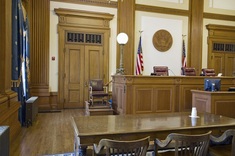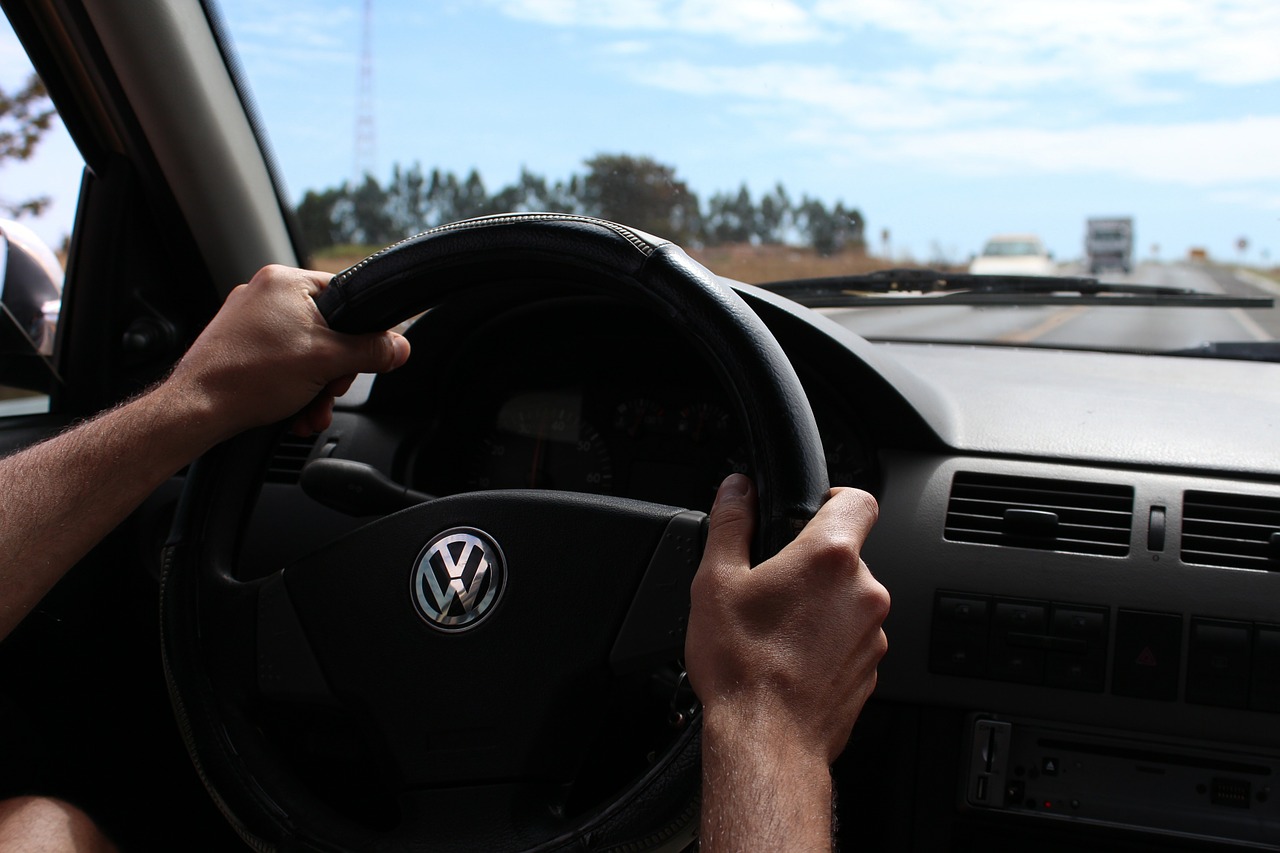Prosecutors have long relied on the testimony of an eyewitness to a crime to prove a defendant guilty at trial. Once considered the “gold standard” in a criminal prosecution, eyewitness testimony is not as reliable as many people may think.
guilty at trial. Once considered the “gold standard” in a criminal prosecution, eyewitness testimony is not as reliable as many people may think.
In reality, decades of studies show that eyewitness identification of a suspect during a police lineup is only accurate about 50% of the time. Reform advocates say that changes in police procedures are needed to improve the reliability of eyewitness identification, particularly when forensic analysis and technology are being given greater weight.
While some lawmakers are seeking to toughen the laws that govern the handling of eyewitnesses and their versions of alleged criminal activities, law enforcement officials indicate changes will reduce their ability to effectively investigate and prosecute crimes.
Potential Problems with Eyewitness Testimony
According to psychologists, human memory is far from flawless. There is a popular misconception of how memory works. Many people believe that the mind acts like a video recorder, storing and retrieving on cue an exact copy of witnessed events.
However, psychologists have found that memories are reconstructed, rather than recorded. Fragments of crime scene memories may be unintentionally combined with a person’s other stored memories, particularly when the lapse in time between the event and recall increases. This can lead to a witness’ inaccurate recall of true events to fit questions being posed by a prosecutor.
Memory recall “is more akin to putting puzzle pieces together than retrieving a video recording,” says eminent memory researcher and psychologist Elizabeth F. Loftus of the University of California, Irvine. 1
Advocates say that the dangers of wrongfully-obtained convictions from faulty eyewitness testimony heightens the need to minimize potential errors.
Who is in Favor of Making Changes to Eyewitness Testimony Policy?
Researcher Gary Wells of Iowa State University, who has studied eyewitness identification since the 1970’s, says that policies could be improved affecting the reliability of eyewitness accounts of crimes. “It’s not the case that eyewitnesses are inherently unreliable,” said Wells. “But we can make it better by cleaning up the procedures around it.” 2
Reform advocates agree that long held police procedures involving eyewitnesses, such as bringing a witness to a crime scene where he or she may encounter a suspect in handcuffs, and a well-trained detective making subtle suggestions to an eyewitness during a police lineup, may taint a witnesses’ recollection of events and alter his or her perception of what really happened.
Advocates of reform say a “blind” administration of police lineups is in order, where those conducting the lineup don’t know who the suspect is, thus making it less likely that an eyewitness is influenced to single out one suspect over another. They also are calling for law enforcement agents to record an eyewitness’s degree of certainty when making an identification, and also suggest any photo lineups of suspects to be randomized.
Who is Against Making Changes?
District Attorney Offices oppose making changes, arguing that they would lose some of their prosecutorial power. Recently, lawmakers in Maryland passed a bill that overhauls the state’s eyewitness identification procedures. However, a county prosecutor testified against the measure.
Scott Burns, executive director of the National District Attorney’s Association said: “What we see is a fairly organized and aggressive attack on all forms of evidence prosecutors use to get convictions.” 3
According to Burns, groups such as the American Civil Liberties Union and criminal defense attorneys are cherry-picking the worst case scenarios of wrongful convictions involving cases of prosecutorial misconduct or witness mishandling and are using these limited examples to dilute prosecutors’ abilities to successfully prosecute a crime.
Is There a Federal Standard That Applies to Eyewitness Testimony Procedures?
In 2012, the U.S. Supreme Court heard a New Hampshire case which could have established a national standard for eyewitness testimony. Instead, the Justices delegated that responsibility to the states.
Although some states, including Oregon, have implemented stringent guidelines for the treatment of eyewitness testimony, most states have yet to make any significant adjustments in their state’s current police procedures handling eyewitnesses.
An Oregon Case Illustrates Problems with Eyewitness Testimony
In 2007, through their rain-slicked car window, two Caucasian women witnessed an African American man fire a handgun four times at a crowded street corner in Portland, Oregon. One person fell dead and the shooter ran at their car. The women fled in panic, getting about six blocks away before police stopped them and asked what they had seen. 
They indicated that they couldn’t be absolutely certain, as what they saw was blurred by the rain and the darkness and was clouded by their own fear. However, two years later, after seeing Jerrin Hickman seated at the defense table in the court room, one of the women identified him as the shooter. “Oh, my God,” she said, hyperventilating, according to court records in the murder case. “That’s him, that’s him, that’s him.”
A Portland jury heard the women’s testimony and eventually convicted Hickman of the murder. However, the Oregon Court of Appeals dismissed their testimony, noting that it was highly suspect. Hickman’s conviction was reversed and he was granted a new trial.
The Oregon court held that studies show racial differences between a witness and a suspect tends to diminish the accuracy of identification. Additionally, the court found that since the women hadn’t initially given any indication of their confidence in their original report, it was impossible to later judge its value.
Furthermore, the suspect’s attorneys argued that the women were only able to make a positive identification after seeing the man seated at the defense table, making any identification “egregiously suggestive.” 4
The Oregon Supreme Court is currently reviewing Hickman’s case, the first such challenge to the state’s new policies regarding eyewitness testimony.
Contact Wallin & Klarich Today if You’ve Been Falsely Accused of a Crime
If you or someone you care about has been falsely accused of committing a crime, contact one of our experienced criminal defense attorneys at Wallin & Klarich right away.
Our attorneys at Wallin & Klarich have over 30 years of experience successfully defending our clients charged with committing a crime based on inaccurate evidence. Our attorneys will carefully investigate eyewitnesses regarding the accuracy of their memories and about any possible “assistance” from others in the formation of their present memories. If an eyewitness account is not credible, we may be able to get the charges against you dismissed.
With offices in Los Angeles, Sherman Oaks, Torrance, Tustin, San Diego, Riverside, San Bernardino, Ventura, West Covina and Victorville, Our attorneys at Wallin & Klarich are available throughout Southern California to help you fight false criminal charges. We will help you get the best possible result in your case.
Call us today at (888) 280-6839 for a free telephone consultation. We will get through this together.
1. [Scientific American: “Why Science Tells Us Not to Rely on Eyewitness Accounts”; http://www.scientificamerican.com/article/do-the-eyes-have-it/]↩
2. [Huffpost.com Politics: “Eyewitness Testimony No Longer A Gold Standard”; http://www.huffingtonpost.com/2014/04/19/eyewitness-testimony-cour_n_5180061.html]↩
3. [Id.]↩
4. [Id.]↩


